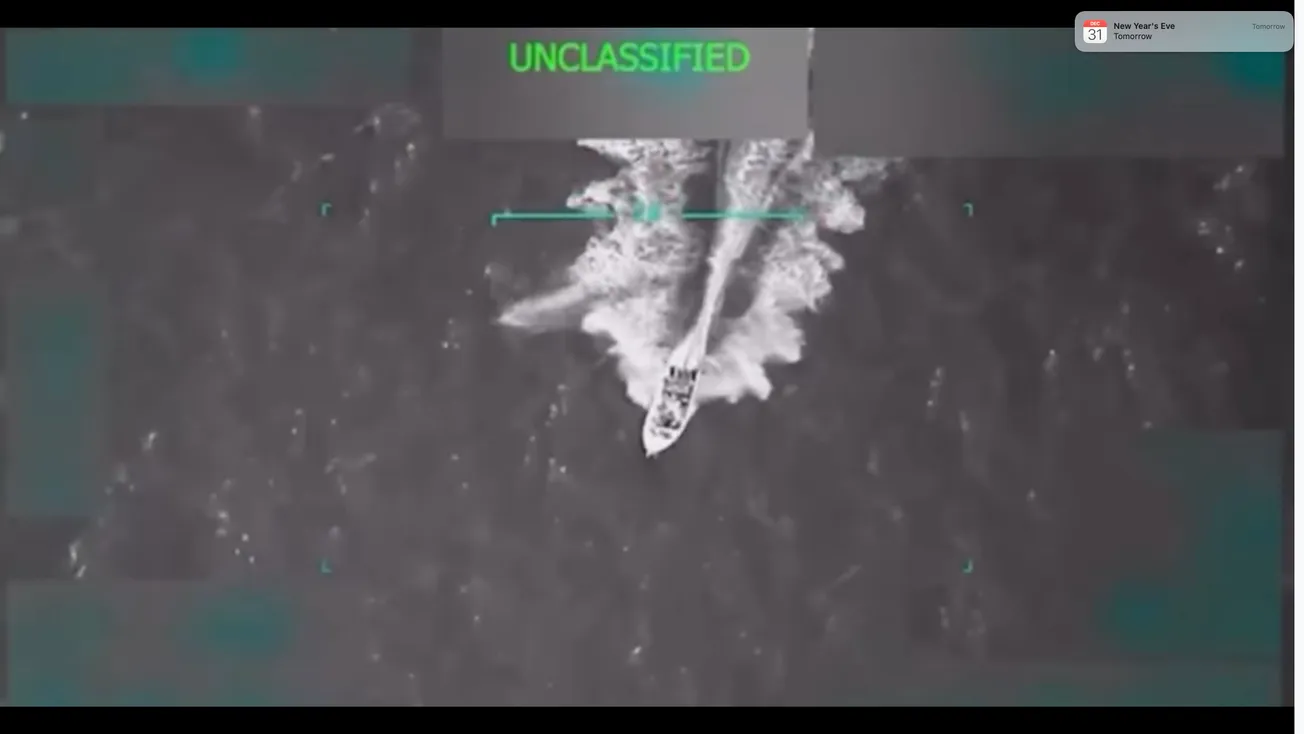Rafael Grossi, the director general of the International Atomic Energy Agency (IAEA), announced from Kiev today that the agency will further expand its assistance to Ukraine by taking a more proactive stance to protect the status of vital energy infrastructure and ensure its nuclear safety is not affected. An IAEA expert team will soon travel to some of the damaged Ukrainian sub-stations—electrical switchyards forming the backbone of the grid—that have been identified as essential for nuclear safety, according to an IAEA statement. They will assess the situation at these sites and report back to headquarters for possible follow-up actions.
“The safety of operating nuclear power plants is dependent on a stable and reliable connection to the electricity grid. As a result of the war, the situation is becoming increasingly vulnerable and potentially even dangerous in this regard. I agreed with President Zelenskyy that the IAEA will widen its determined activities to help prevent a nuclear accident during the conflict and look closer at this important aspect of nuclear safety and security,” Director General Grossi said. “Our experts will apply the Agency’s nuclear industrial safety and critical infrastructure protection expertise to assess these sub-stations.”
Grossi told Al Arabiya in an interview yesterday that the IAEA cannot attribute attacks on the Kursk Nuclear Power Plant in Russia without its own independent investigation. “Obviously, with our mission to protect nuclear safety and security, we had to go there and ascertain the facts there by ourselves,” Grossi said. “Precisely, for the sake of objectivity, for the sake of impartiality, for the sake of being precise, and not being speculative, is that the IAEA only informs or confirms when it can independently assess information,” he said.
The IAEA chief also admitted that the party to the conflict with nuclear facilities under threat has the right to demand that the agency indicate those guilty of violating nuclear safety and security. That said, Grossi assured that the agency will “never hide from the public view” the facts of intentional strikes on nuclear facilities if there is any “irrefutable evidence” at its disposal.
“What I think happens here is a typical phenomenon that we have been seeing since the beginning of this war and maybe on other occasions as well—in the sense that sides are expecting the IAEA to say or to confirm what they would like the agency to say. And on a rational level, I can understand this, but, of course, we have to stay clear from politicizing things or from taking sides and accusing or pointing fingers. When we, as an inspectorate, name names or mention something, it should be when there is undeniable absolute certainty about the origin of an event. In this case, this, of course, is not present. When something there happened, we were not present there,” he added.


